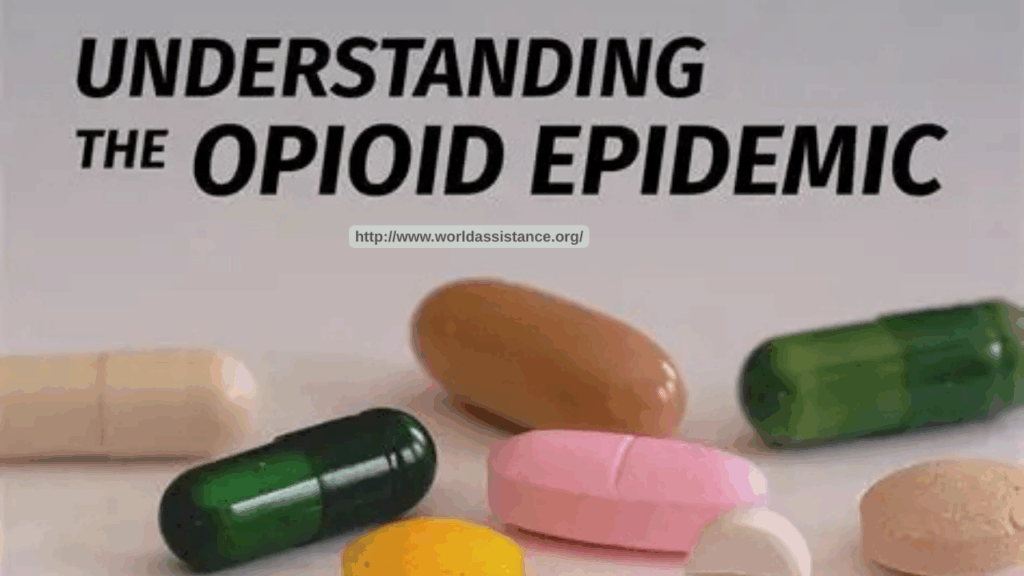
The opioid epidemic is not confined to one country or region. It is a global public health emergency affecting millions of individuals, families, and communities. While the crisis looks different across borders, one truth remains constant: no single nation can solve it alone. International collaboration is now driving innovative solutions, expanding access to support services, and fostering hope for recovery worldwide.
Why Global Collaboration Matters
Opioid addiction is a complex condition that often requires medical treatment, mental health support, and long-term care. The scope of this crisis calls for shared knowledge, pooled resources, and joint strategies. Through cross-border cooperation, countries can learn from one another’s successes, avoid repeating mistakes, and deliver more comprehensive care to those in need.
At World Assistance, this philosophy mirrors their approach to treatment. By offering inpatient and outpatient programs, holistic healing, and faith-based care, they focus on individualized solutions that consider the whole person. International partnerships are taking this same personalized model and scaling it across nations.
Sharing Best Practices in Recovery
Expanding Harm Reduction Strategies
Countries with established harm reduction programs are sharing proven practices with regions still developing their response. Needle exchange initiatives, naloxone distribution, and supervised consumption services are now being replicated in areas where overdose deaths continue to rise. These strategies not only save lives but also create opportunities to connect individuals to treatment.
Integrating Holistic Care Models
Holistic healing is no longer limited to one country’s approach. Practices such as mindfulness therapy, nutrition support, and exercise programs are being integrated into treatment centers across the globe. By combining medical care with spiritual and emotional wellness, recovery programs address the full spectrum of an individual’s needs.
Strengthening Peer Support Networks
International collaboration is also helping expand peer-led recovery communities. By empowering people with lived experience, nations are creating support systems that reduce stigma and encourage treatment engagement. Online platforms now make it possible for individuals to connect with mentors and support groups across borders, reinforcing the idea that recovery is universal.
Building Accessible and Sustainable Systems
Collaboration is not only about sharing treatment models but also about creating sustainable healthcare systems. International funding partnerships provide the resources needed to open new clinics, train providers, and deliver evidence-based care in underserved areas. Policy exchange between governments is also vital, as it shifts the focus from criminalization to rehabilitation.
World Assistance embodies this shift by emphasizing compassion and personalized care. Their inpatient and outpatient services highlight how supportive systems can foster long-term recovery when backed by the right resources and professional expertise.
The Role of Mental Health in Global Recovery
Opioid addiction and mental health are often intertwined. Recognizing this, international initiatives are prioritizing integrated care. Programs now address depression, anxiety, and trauma alongside substance use treatment, ensuring that individuals receive complete care rather than fragmented services. This comprehensive approach mirrors the individualized model embraced by World Assistance.
Conclusion
The opioid epidemic demands solutions that extend beyond borders. International collaboration is expanding support services, strengthening recovery systems, and offering new hope to individuals and families. By sharing best practices, integrating holistic care, and addressing mental health as part of recovery, the global community is moving closer to lasting change.
If you or a loved one is struggling with opioid addiction, know that you are not alone. Compassionate care and recovery services are available. Contact World Assistance today to take the first step toward healing and a brighter future.
